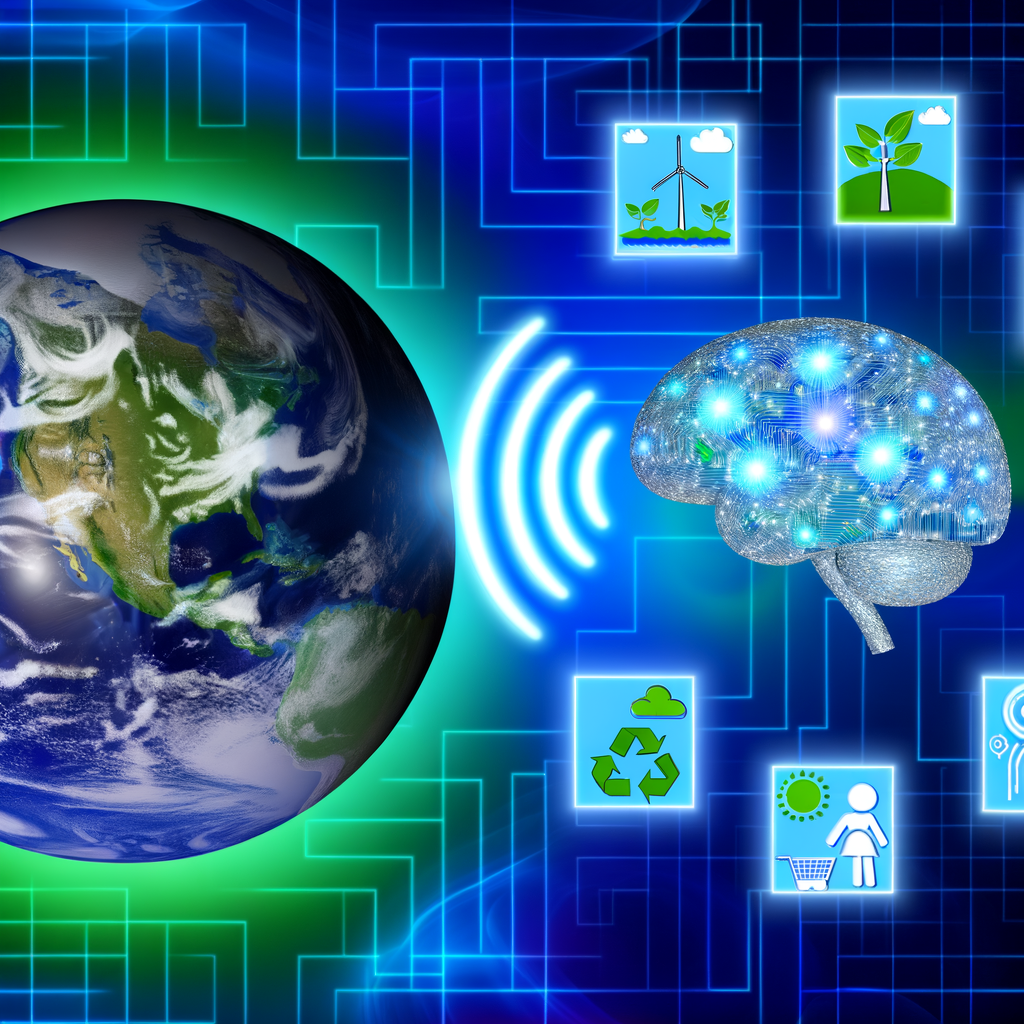The Unseen Dynamics: Elon Musk’s Role in Shaping OpenAI
In the ever-evolving landscape of artificial intelligence, the narratives behind its development often go unnoticed. One of the most pivotal moments in the history of OpenAI occurred behind closed doors and through private communication between some of the most influential figures in tech. Recent reports indicate that Elon Musk expressed significant objections to a strategic plan proposed by Greg Brockman, Ilya Sutskever, and Sam Altman to steer the direction of OpenAI. This blog post delves into those private exchanges and their implications for AI development.
A Brief Overview of OpenAI
Founded in December 2015, OpenAI was established with a clear mission: to ensure that artificial general intelligence (AGI) benefits all of humanity. With its roots in philanthropy and a commitment to research transparency, the organization quickly gained a reputation for its commitment to developing advanced AI technologies, all while safeguarding ethical standards. The team, including prominent figures like Sam Altman and Ilya Sutskever, was driven by a shared vision: to create AI that is safe and beneficial.
The Musk Factor: A Visionary’s Concerns
Elon Musk, a co-founder of OpenAI, has long been vocal about the potential risks associated with artificial intelligence. His apprehension stems from a belief that unchecked AI development could have catastrophic consequences for humanity. As the landscape of machine learning rapidly advanced, Musk’s concerns often translated into advocacy for stringent oversight and ethical considerations in AI research.
In his private emails to Sam Altman, Musk reportedly articulated his reservations about the direction OpenAI was heading. He worried that the emphasis on rapid development might overshadow the ethical implications of AI and the long-term impacts on society. Musk’s perspective highlights a critical debate within the tech community: how do we balance innovation with responsibility?
The Clash of Philosophies
The disagreements between Musk and the team at OpenAI, particularly with members like Greg Brockman and Ilya Sutskever, encapsulate a broader philosophical divide in the tech industry. On one side, there are those who advocate for the swift advancement of AI technologies in order to facilitate breakthroughs that could significantly improve human life. On the other side are those, like Musk, who urge caution and rigorous ethical scrutiny to navigate the potential hazards posed by powerful AI systems.
In discussing their plans, Brockman, Sutskever, and Altman envisioned a future that embraced rapid AI progress, perhaps too rapidly to adequately address the myriad ethical considerations Musk warned about. This tension between progress and precaution is likely to persist as AI technology continues to evolve.
The Implications of Their Exchange
Musk’s objections to the corporate strategy being formulated by his fellow leaders at OpenAI may not seem significant on the surface. However, they highlight a crucial moment in AI development—one that underscores the need for broader discussions around governance and ethics. As OpenAI has transitioned from a non-profit organization into a capped-profit model, the stakes surrounding its operations and strategic decisions have never been higher.
These private communications between Musk and Altman reflect deeper philosophical questions. Should the primary objective of organizations like OpenAI be centered around rapid technological advancements, or should it prioritize ethical considerations? As AI systems increasingly permeate our daily lives, these discussions become vital.
The Future Direction of OpenAI
At the heart of Musk’s concerns lies a longing for a cautious approach to the burgeoning capabilities of AI. Platform leaders and stakeholders must weave together their diverse perspectives into a cohesive strategy that advocates for innovation while addressing ethical challenges. As Elon Musk’s communications echo through the walls of OpenAI, they serve as a reminder of the potential consequences of AI if left unchecked.
With the emergence of increasingly powerful models such as ChatGPT, the importance of responsible AI deployment cannot be overstated. OpenAI, under Altman’s leadership, has taken significant steps to ensure ethical safeguards are incorporated into its technologies. Nevertheless, Musk’s reservations continue to resonate and provoke essential questions about governance and safety.
The Broader Conversation: Ethics in AI Development
The dialogue between Musk and Altman exemplifies a crucial trend in AI discourse—an increasing awareness of the typical unease among technologists regarding unchecked advancement. Whether it is an internal clash or a broader dialogue, the call for ethical foresight prevails, indicating that there is much work to be done in harmonizing innovation with societal well-being.
Organizations involved in AI development are now faced with the pressing task of establishing frameworks that prioritize both ambition and ethical considerations. With Musk’s critiques in the backdrop, it’s vital for AI leaders to engage with critics and skeptics alike, ensuring diverse viewpoints are included in the decision-making process.
Conclusion: Striking the Right Balance
As we trace Elon Musk’s objections to the plans of Greg Brockman, Ilya Sutskever, and Sam Altman, we uncover a vital conversation that needs to be at the forefront of technological advancements: how do we manage progress responsibly? The challenge lies in aligning ambitious AI goals with ethical responsibilities, ultimately ensuring a future where AI works for, and not against, humanity’s best interests.
Indeed, as the world grapples with the implications of AI, the correspondence between these tech titans serves as an essential reminder of the profound responsibilities we bear in shaping the future of technology. Addressing ethical implications will prove to be as vital as technical capabilities as we move forward into the new age of intelligence.


